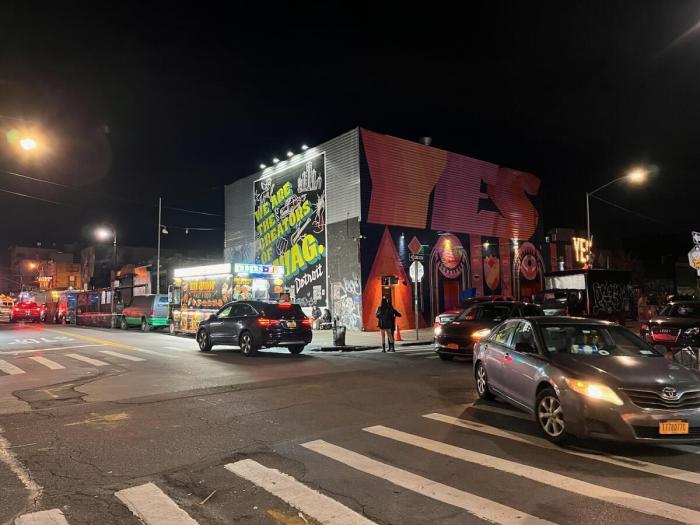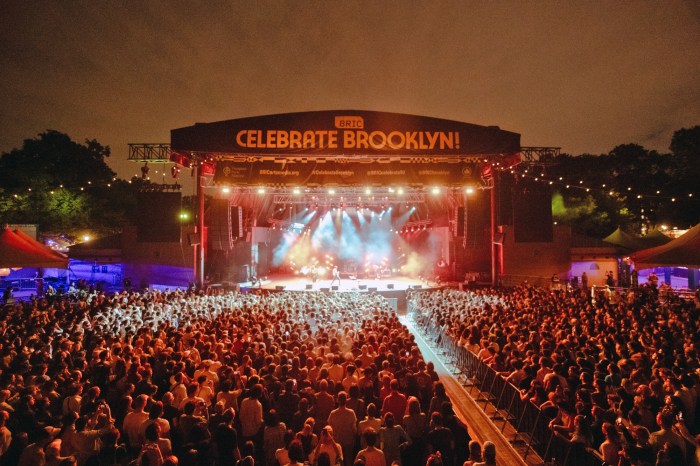I imagine a number of riders reading this column are a few weeks into a new year’s resolution to kick the car habit. If so, here’s some dark humour to something downright maddening.
You see, February is fare-hike month in Edmonton, and this year is especially bad for ETS’ most loyal riders. Next week, a monthly pass will set you back an absurd $74.25.
It’s not highly publicized, but last year’s hike to $66.50 from $59 wasn’t an anomaly — it’s the trend thanks to council setting the 2012 target at a jaw-dropping $89.
The plan is to try to bring in more than half of operating costs at the farebox. This is the destructive result of making transit budget decisions solely on ETS’ finances, not those of Edmontonians.
Not only is it an infuriating double standard, given that roads have a direct revenue of precisely zero in Edmonton, but it’s a fool’s errand, as well. At around 50 per cent, Edmonton is already doing surprisingly well.
Using only this measure implies that Edmonton is Paris. I hope I don’t need to explain how Edmonton is not Paris now, nor will it be 10 per cent better than Paris in 2012 — whatever that means.
It also ignores the fact that riders won’t just keep opening their wallets wider. A typical industry rule of thumb suggests this policy, inflation-adjusted, will cause about a six per cent drop in potential ridership.
While those with other options might be the first to go, those with no options are going to be hardest hit. Monthly passes are the only thing keeping many Edmontonians moving.
ETS revenue figures suggest that a monthly pass in 2007 was used for an average of 54 trips.
But what bought a pass in 2007 only buys 26 tickets in 2010.
Of course, that’s too few for a full-time job and leaves no room for shopping or social trips.
On a tight budget, the choice is then between job, housing and mobility.
Those more fortunate but with less need for transit will learn the hard way the difference between tickets and passes: Every trip begins by asking yourself if it’s worth the money.
Yes, costs increase, and if it was council’s intention to demonstrate this, then mission accomplished. But over these three years, passes will outpace inflation by more than four times.
Besides, transit riders hardly need that lesson, especially now.
















